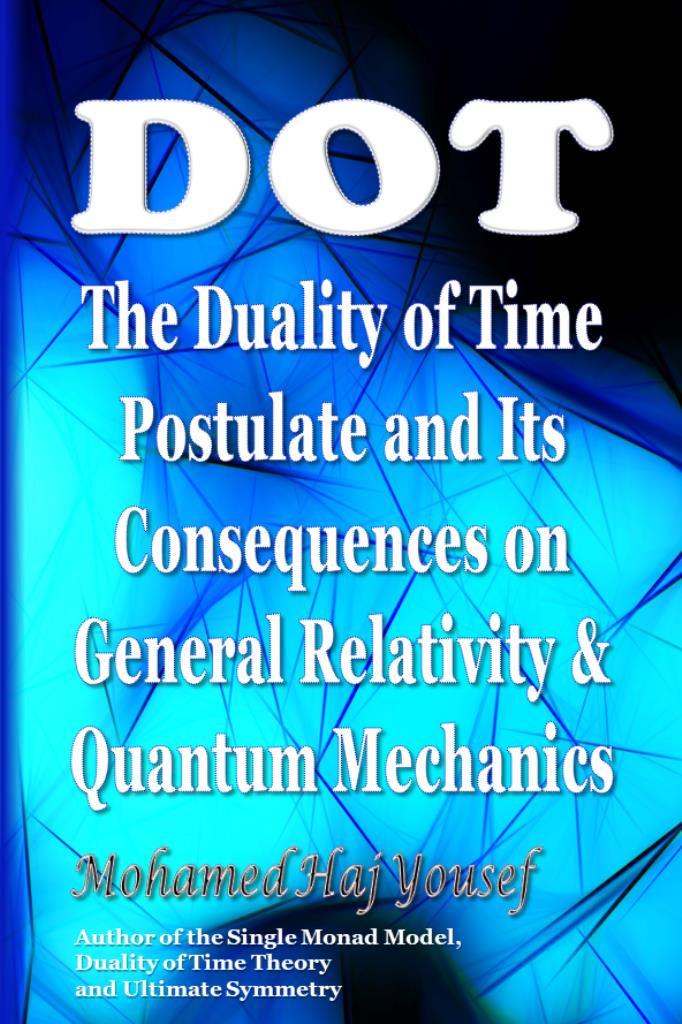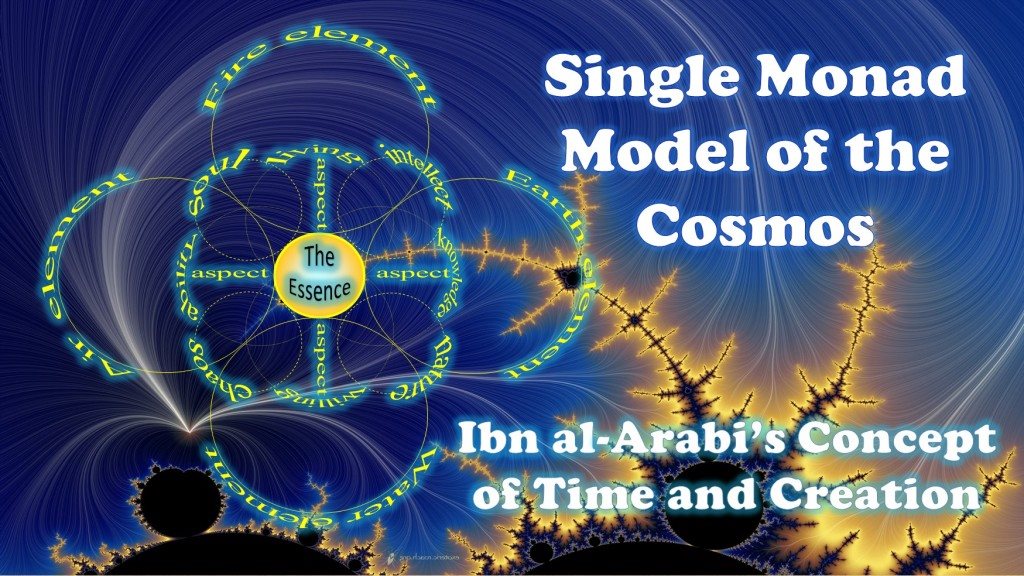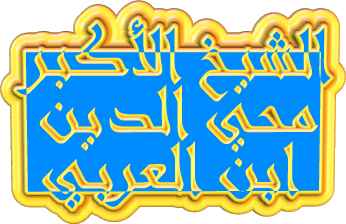1. The Significance of the Week in Theology and Astronomy:
In most Islamic books that talk about cosmology, we find many diagrams and tables that associate each day of the seven days of the week with specific letters of the alphabet and specific divine Names of Allah, in addition to certain planets and constellations or zodiacal signs. For example, Ibn Arabi explained in the long chapter 198 of the
Futuhat [II.390-478] the creation of the world by Allah and the role of His divine Names on the different parts of Heavens and earth, and then he relates each divine Name and the thing He creates to a letter from the Arabic alphabet, a mansion from the twenty eight lunar mansions (constellations), a day of the seven days of the week, and one of the seven circulating heavenly bodies (five planets, sun and moon). This type of symbolic association based on the days of the astronomical week is also found in many other cosmological books of other religions and cultures dealing with astrology and related mythology.
The Egyptians once divided their 30-day months into three 10-day weeks, in the same manner as Greeks of the same period (Goudsmit 1966: 24), but later they changed it back to seven days.[52] More recently, the French (during the Revolution, in 1792) tried to make their week 10 days instead of 7; and the Russians also tried (in 1929) 5-day and (in 1932) 6-day weekly systems, although they all later restored the 7-day week (Goudsmit 1974: 24).
So what is the importance of the week, and why does it apparently have to be seven days in particular, while most other attempted systems making the week 3, 5, 6 or 10 days did not persist, with few exceptions such as the Maya who used weeks/months of 20 days (Aveni 1990: 101, 185-252). Even some micro-organisms clearly adopt a 7-day biological cycle (Aveni 1990: 100, and: Coveny 1990: 220-59). And yet, unlike the day, the year and the month, there is no any apparent
astronomical significance to the week; nothing cosmic happens in the heavens in seven days.
The Babylonians and the ancient Egyptians believed that each hour of the day was ruled by one of the five then-known planets plus the sun and the moon, and they named the days of the week after the names of these seven circulating planets, as they are now being used in both the Latin and Anglo-Saxonic languages and cultures (Aveni 1990: 102-6). They considered that the planet that ruled the first hour of the day governed the entire day, so they gave the name of this planet to the corresponding day. The same doctrine was also part of earlier Persian cosmology and theology (Bickerman 1968: 59). Ibn Arabi also refers to the same hypothesis [III.203.31].
It is interesting to note that these celestial bodies, in the same sequence, were also used to name the days of the week in ancient India, Tibet and Burma (Parise 1982: 172). This is also true for the names of Japanese (who used the Chinese sexagenary cycles) (Parise 1982: 215-18) days of the week, but the custom there has been traced back only a thousand years. Adherents of the cult of Sin at Harran, who were known as Harranians or 'Sabeans' by Arabic and Syrian authors, also named their days after the same solar system members (Langdon 1964: 154). Like Ibn Arabi, the Babylonians, the Chinese, ancient Egyptians and most ancient civilisations considered the day named after Saturn to be the seventh day, so they began their week with a day named after the sun (Sunday), a practice which was affirmed in the Bible[53] and later by Prophet Muhammad.[54]
In the Arabic linguistic usages followed in Islam, however, the names of the days of the week do not relate to the names of any pagan gods or celestial bodies. Before Islam, different names were used in Arabic, which were mostly derived from certain actions people usually performed on those particular days of the week, though some of those Arabic names might also have been derived from the names of the planets (Al-Marzuqi 2002: 238-44). But in the later standardized Islamic usage, apart from the day-names
Jum'a (Friday) which means 'gathering' and
Sabt (Saturday) which means 'rest', the names of the other five days are merely numbered from one (al-ahad which means 'the first' or 'the one', for Sunday) to five (al-khamis which means 'the fifth' for Thursday). These names, however, clearly suggest that Sunday (al-ahad) is the first day of the week, as was the case with the earlier Babylonians and Egyptians a fact which Ibn Arabi and some other Muslim authors normally take for granted, based on many related prophetic narrations, as we shall see further below (section 5).
Given their centrality in Qur anic accounts of the creation, the seven days of the week (and their standard Arabic names) play an essential role in Ibn Arabi's cosmology. His cosmological understanding of the week clearly has its basis in the scriptural accounts of divine creation, but also assumes throughout that there must be some kind of corresponding deeper effects of that (i.e., the divine creation of the seven Days of the Week) in the wider cosmos.
Finally, although there are many similarities between Ibn Arabi's doctrine about the origin of the divine creative Week and its Days, and the cosmological perspectives and understandings of earlier ancient (mostly pagan) cultures, he also takes great pains to stress that this cosmological schema should not be understood as a deviation from the fundamental monotheistic teachings of Islam, and to indicate the ways that conception is rooted in indications in both the Qur an and many hadith. Although Ibn Arabi's cosmology, for example, relates the seven days of the week and the orbs of the seven moving planets, as in many ancient cosmologies, he carefully emphasizes that he does not consider these planets as 'gods' at all. Thus he goes on to explain, in his explanation of the above poem (at the beginning of this chapter) opening chapter 60 of the
Futuhat, that the planets and/or the angelic spirits associated with them 'are servants, and the servant does not deserve the name "ruler" (or "king":
malik). And the "seven" mentioned (there) are the seven planets in the seven orbs that appeared by the seven Days of the Week.' [I.293.4]
Following repeated indications in the Qur an and hadith, Ibn Arabi understands that those planets, along with other constellations associated with signs of the zodiac and lunar mansions, are associated with or inhabited by certain spirits (ruhaniyyat) or angels whom Allah appointed and organized in a specific hierarchy to look after the whole cosmos beneath them, including the earth [III.433-434]. This is different from earlier cosmological doctrines, because the pagan astrologers believed that these spirits were deities and gods, while Ibn Arabi stresses that they are nothing but servants created and appointed by Allah.[55]


















